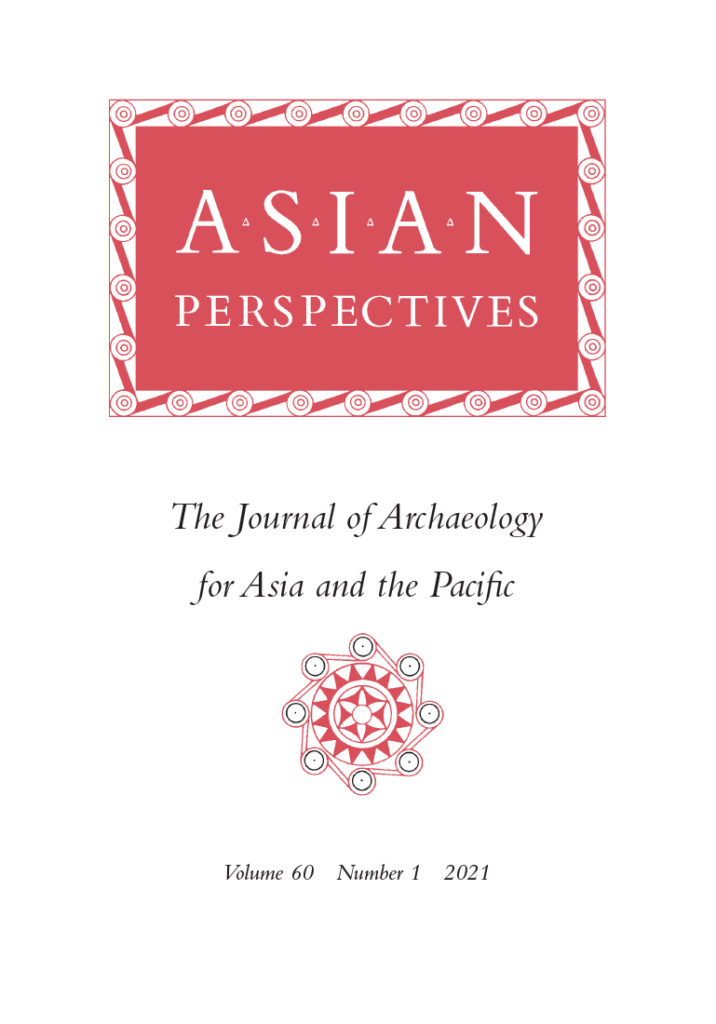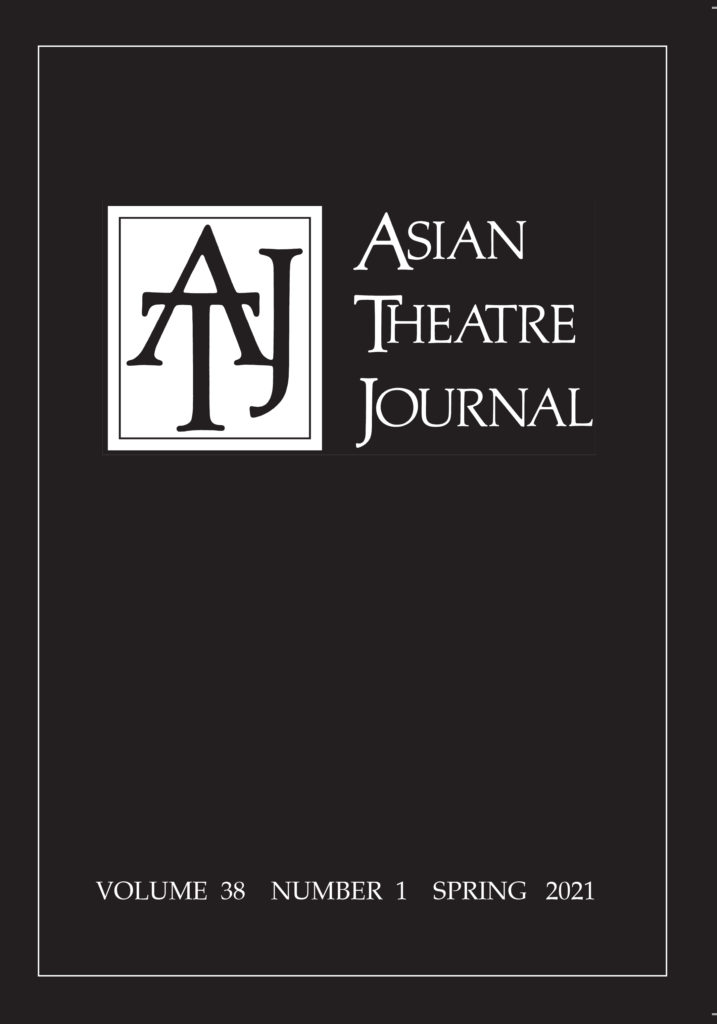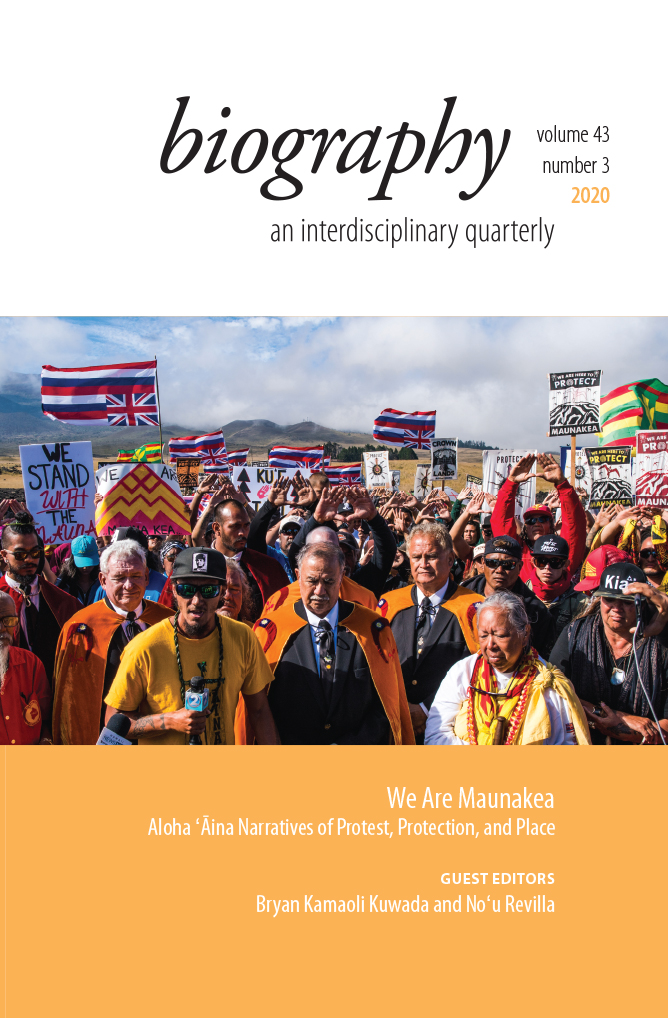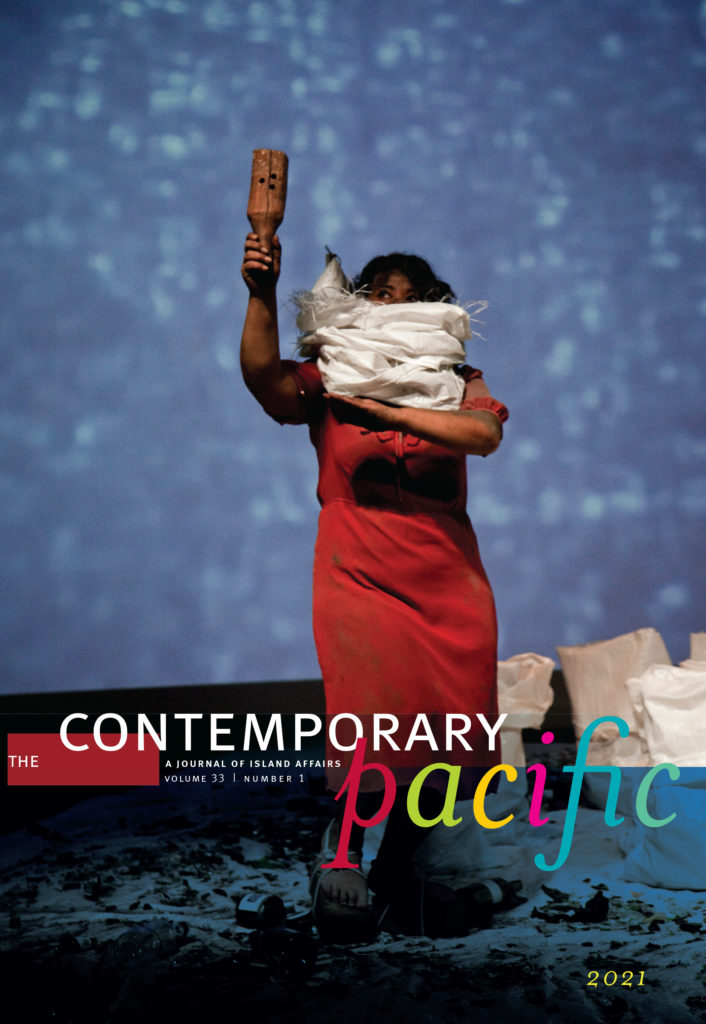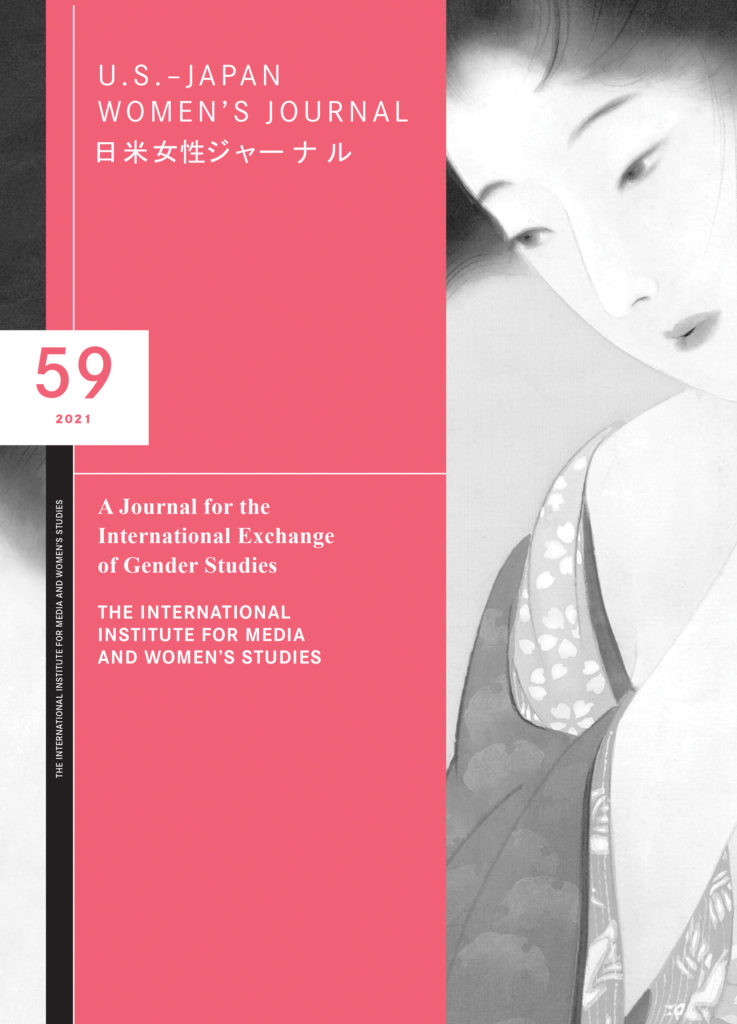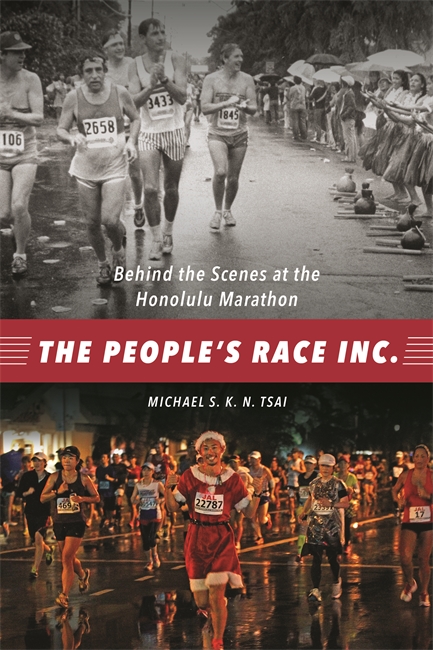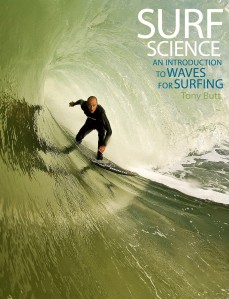
Chinoperl: Journal of Chinese Oral & Performing Literature
Volume 40, Number 2 (2021)
The new issue includes the following articles and reviews:
“Making History”: Metatheatre in the Peach Blossom Fan
Allison Bernard
Find more research articles and reviews at Project MUSE.

The Contemporary Pacific
Volume 22, Issue 2 (2021)
Special Issue: Schooling Journeys in the Southwestern Pacific
From the Guest Editors Rachel Emerine Hicks, Debra McDougall, and David Oakeshott in The Promise of Education: Schooling Journeys in the Southwester Pacific:
“Schooling journeys” is more than a metaphor in the southwestern Pacific. To step into a classroom, children and youth often travel hours each day or live for months at a time away from their families. The journey of schooling is rarely direct; it often winds between formal and informal learning and in and out of school, work, and home life. And the journey is expensive; many families struggle mightily to gather the money for fees, school supplies, uniforms, and transportation. Young people embark on these precarious journeys, and their families make sacrifices to support them, because schooling promises a better life—a move away from the backbreaking labor of subsistence agriculture toward a reliable salary that will better support their family and community. Because of the structural inequalities in school and a lack of jobs for those who complete schooling, however, few experience the socioeconomic advancement schooling promises. Still, students and their families continue to hope that schooling will lead to well-paid work. Even more important, though, going to school is seen as key to being a competent and effective person in society—increasingly for both women and men.

Hawaiian Journal of History
Volume 55 (2021)
The new issue includes the following articles, reviews, notes, and queries:
Aloha Space Age: NASA and the Hawaiian Islands, 1957—1970
David A. Smith
The First Attempt to Overthrow Liliʻuokalani
Ralph Thomas Kam
Dr. Richard You and the Golden Age of Hawaiʻi’s Athletics
John D. Fair
Incarcerating a Nation: The Arrest and Imprisonment of Political Prisoners by the Republic of Hawaiʻi, 1895
Ronald Williams Jr.
Hawaiian Women’s Fashions: Kapa, Cotton and Silk by Agnes Terao-Guiala (review)
Linda Arthur Bradley
Find more research articles, reviews, bibliographies, notes and queries at Project MUSE.

U.S.-Japan Women’s Journal
Volume 60 (2021)
The new issue includes the following articles and reviews:
Yosano Akiko in Belle Époque Paris / ベル・エポックのパリの与謝野晶子
Scott Mehl
Find more research articles and reviews at Project MUSE.
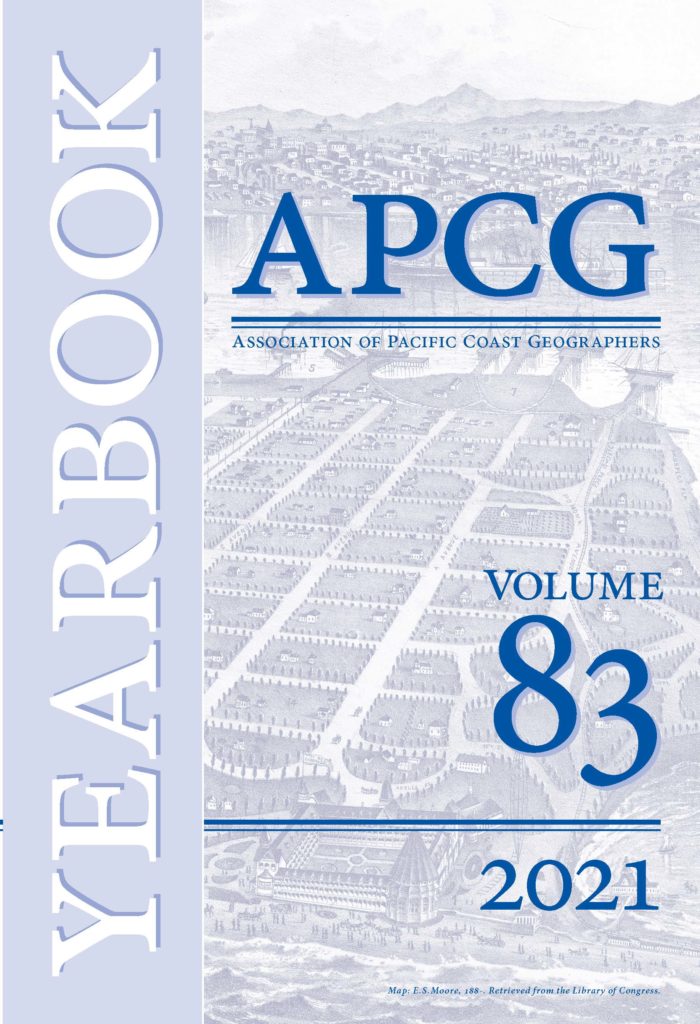
Yearbook of the Association of Pacific Coast Geographers
Volume 83 (2021)
Editor Craig S. Revels reflects over the COVID-19 pandemic and how it has affected geographers and members as he states:
Last year’s volume was published in a time of great uncertainty as the COVID-19 pandemic swept across the world, and this year’s unfortunately arrives under similar conditions, slowly improving though they may be. The tragedies, disruptions, and general state of societal affairs during the pandemic will not soon be forgotten…
Geographers have been at the forefront of research into the spread of COVID-19 since the earliest days of the pandemic, and Steve Graves and Petra Nichols contribute an analytical perspective on infection rates in Los Angeles County. In particular, they statistically identify a causal relationship between infection and a range of key socioeconomic and demographic variables, a relationship influencing the location and rate of spread for the disease. They leave us to consider how those factors must be addressed in any preparations for future public health crises.
In a significantly different context, Ray Sumner and John Menary
demonstrate that taking students into the field, always a valuable exercise, is even more rewarding when it leads to unexpected discoveries and challenges our carefully laid plans. In this case, a straightforward field methods class oriented around the Los Angeles River instead became an open-ended, student-driven exploration into the social dimensions of heritage, ethnicity,
culture, and urban development.





